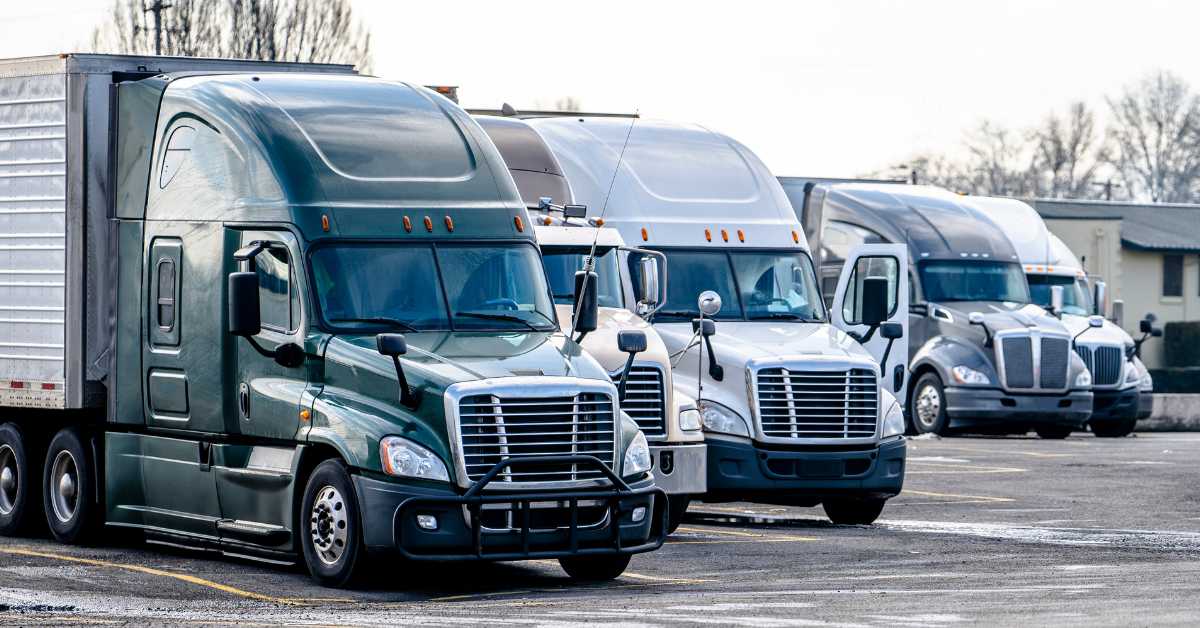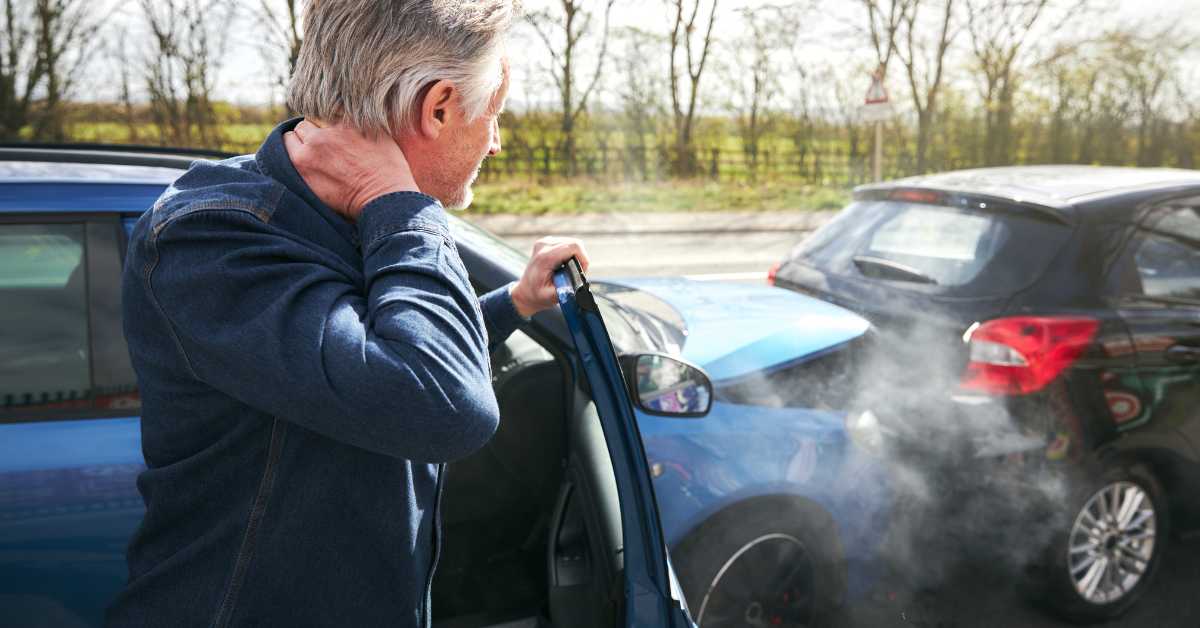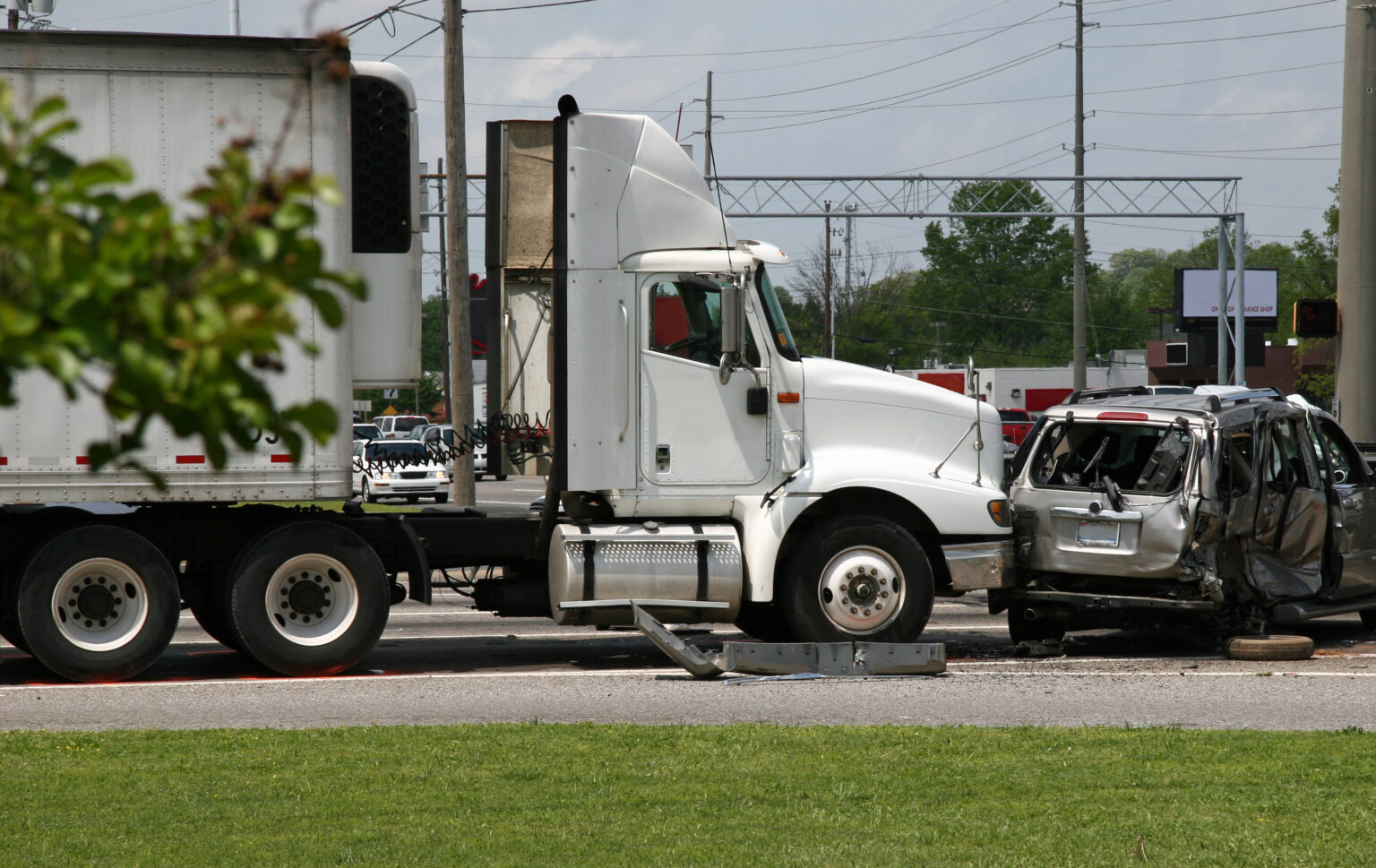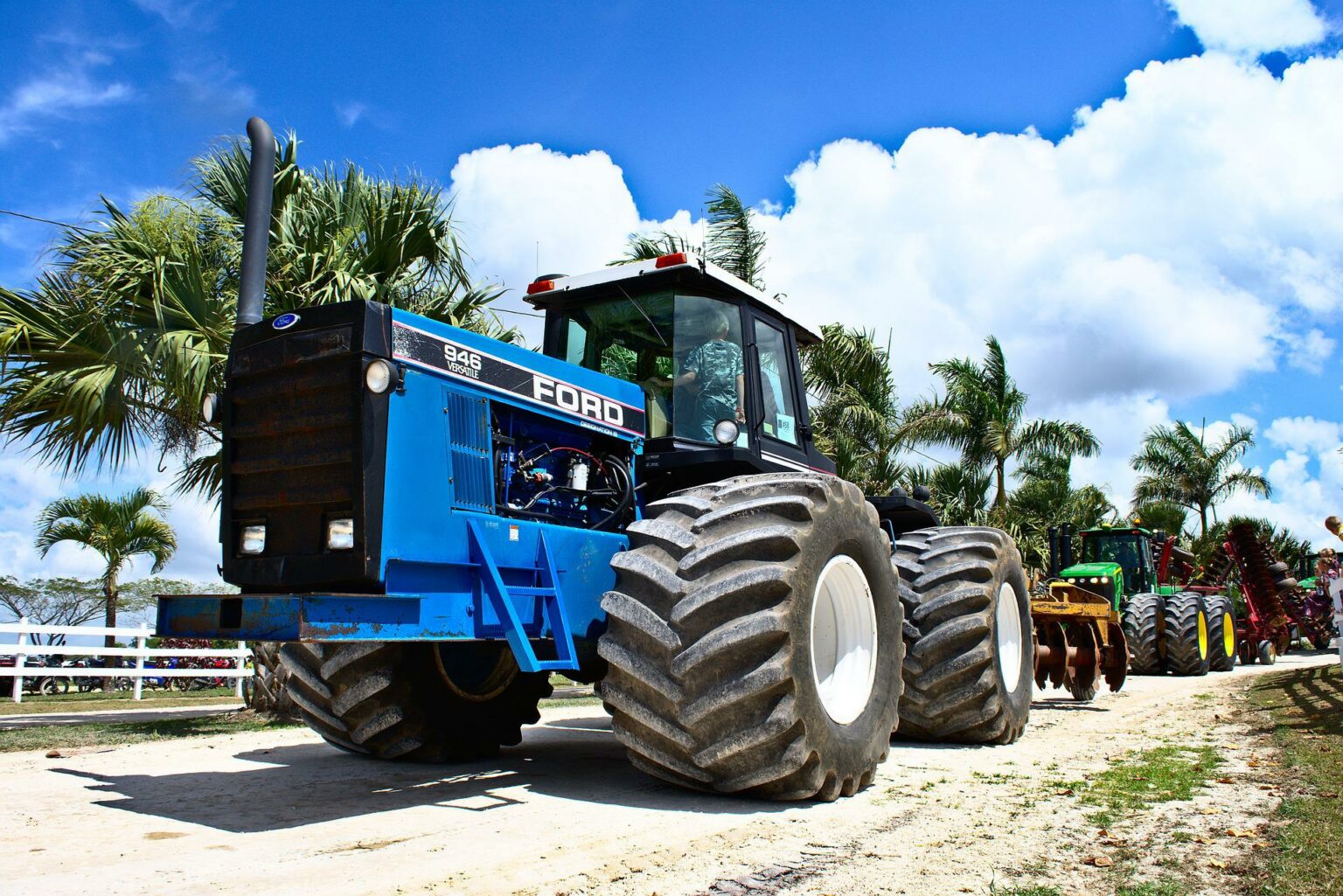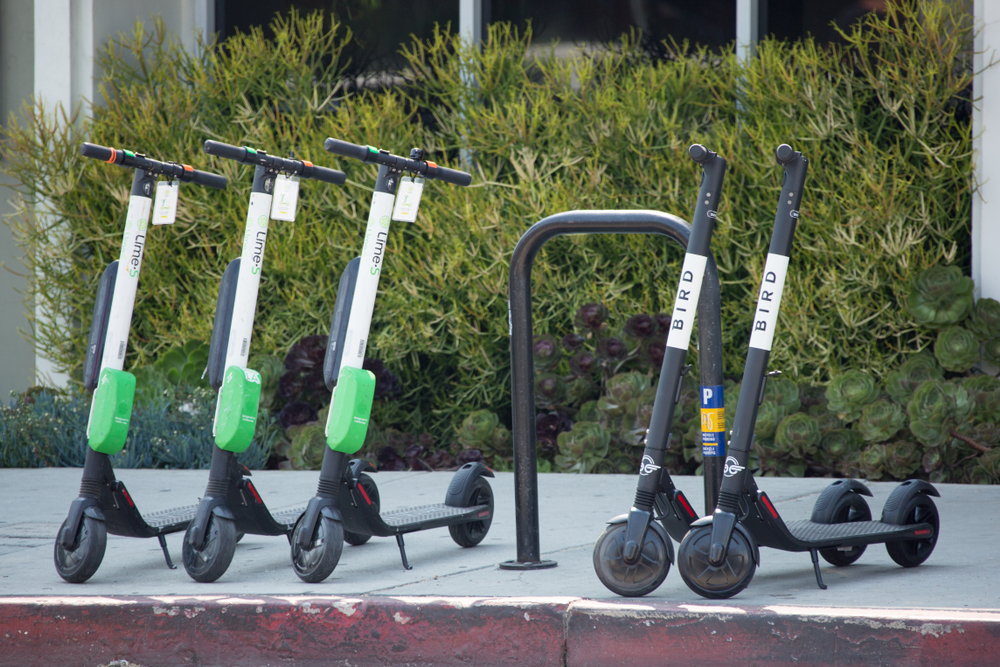Trump Administration Lifts FMCSA Truck Safety Regulations Due to COVID-19 Scare

The coronavirus or COVID-19 has turned global society upside-down in just a few short months. Recently in the U.S., people have been flocking to retailers in droves to purchase food and random supplies en masse in order to hoard them. In less than a week, stores across the nation ran out of everyday staples, including toilet paper, paper towels, and water bottle packs.
In order to try to resupply the nation with these basic necessities and get more medical supplies out to clinics struggling to keep up with patient demand, the Trump Administration has temporarily lifted a key Federal Motor Carrier Safety Administration (FMCSA) regulation: the one that regulates workday hours. Normally, a trucker cannot drive more than 11 hours in a 14-hour workday period. With the regulation lifted, truckers can essentially drive as long as they want, or trucking companies can instruct their drivers to work longer-than-normal hours. The extended hours are supposed to be used to transport approved goods, though, not just any product.
Supplies eligible for emergency extended transport include:
- Any medical equipment, supply, or drug used by medical clinics for research and treatment.
- Any medical supply purchasable by consumers to prevent COVID-19 infections.
- Equipment used to build or improve a facility for temporary emergency housing.
- Food to restock grocers of basic supplies.
Although this is a relatively short and specific list of what can be hauled in extended hours, it is assumed that the list will be unofficially expanded by trucking companies. For example, a truck may be contracted to haul food products to a grocer. In the same trailer, though, nonfood products might be added to the cargo, such as toilet paper and paper towels, which are not technically on the emergency freight list.
Trucking companies can also expand trucker hours to transport medical and emergency response personnel from one location to another. Regardless of what or who is transported, truckers still need to take an 8- or 10-hour break after completing a shift of any duration.
Why Lifting Regulations Increases Driving Dangers
The FMCSA regulation to limit trucker hours of operation was established for a reason. When a truck driver is on the road for too long, they will become exhausted, just like any other motorist. With exhaustion comes a reduction in reaction time, lessened steering capabilities, and so forth. In other words, a tired trucker is dramatically more dangerous on the road than a well-rested one.
If truckers start driving beyond the already-lengthy 11-hour limit, then they will only become more and more tired. It stands to reasonably say that the decision will cause an increase in truck accidents. Only time will tell if putting more exhausted truckers on the road is worth the increase in emergency supply shipments.
To learn what to do after you are hit by an exhausted trucker, call (317) 236-9000 and connect with Tabor Law Firm, LLP in Indianapolis. Our truck accident lawyers represent motorists from across the states.
Categories:
Related Blog

How Can Birth Injuries Be Prevented and What Are My Rights If My Child Is Injured?

Roy T. Tabor of Tabor Law Firm Recognized in The Best Lawyers in America 2025 Edition

Pedestrian Safety in Downtown Indianapolis Has Become a Hot Topic. What Can You Do to Protect Yourself?

Bicycle Accidents are on the Rise in Indiana. What Can You Do to Prevent a Bicycle Accident?

Understanding the Causes of Motorcycle Accidents in Indianapolis: An Analysis of Recent Data

Indianapolis Drunk Driving Accidents and How to Handle them with a Personal Injury Attorney

Two Mothers & Two 12-year-old Daughters Killed in Crash While Headed to Volleyball Tournament

















